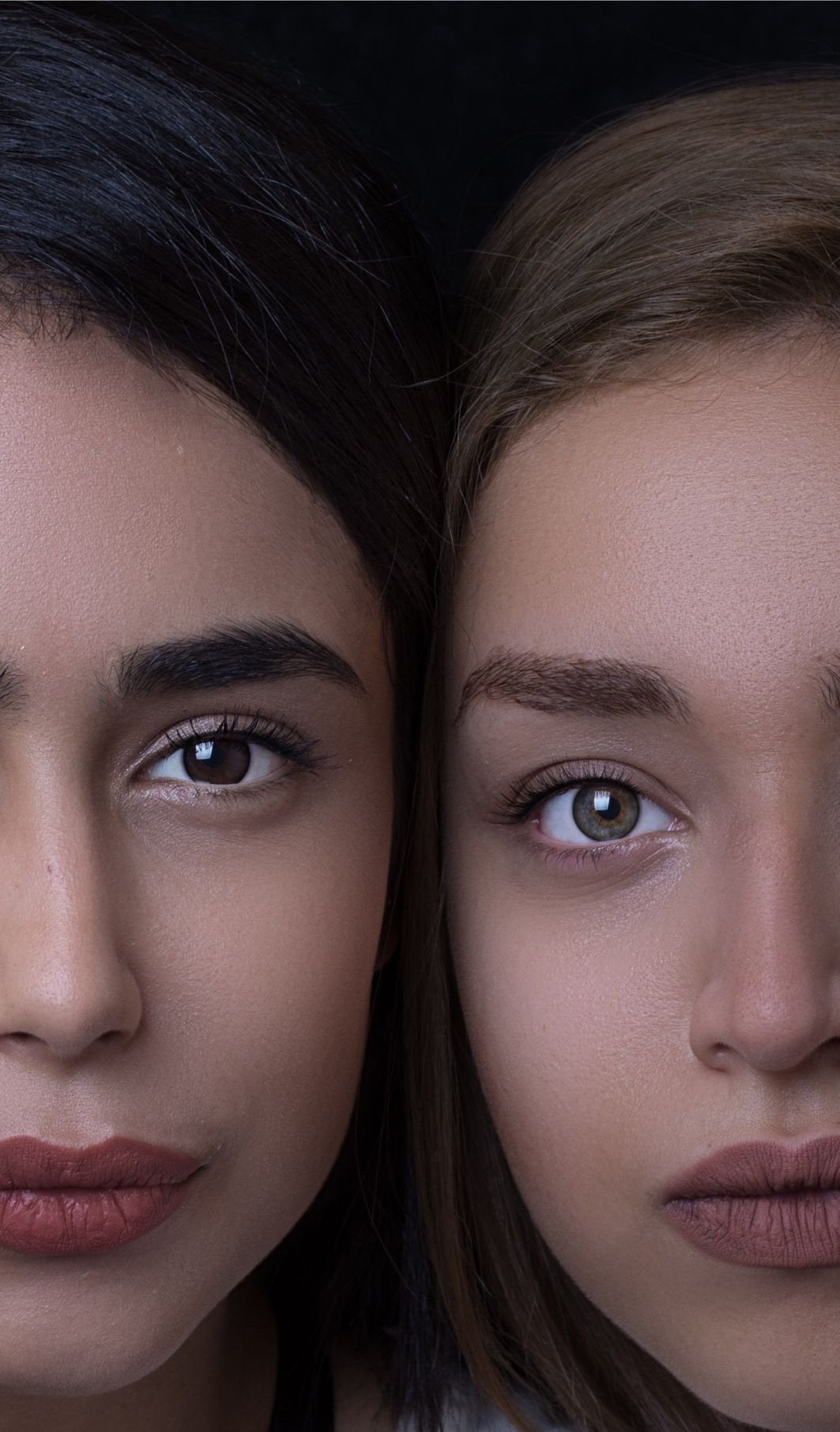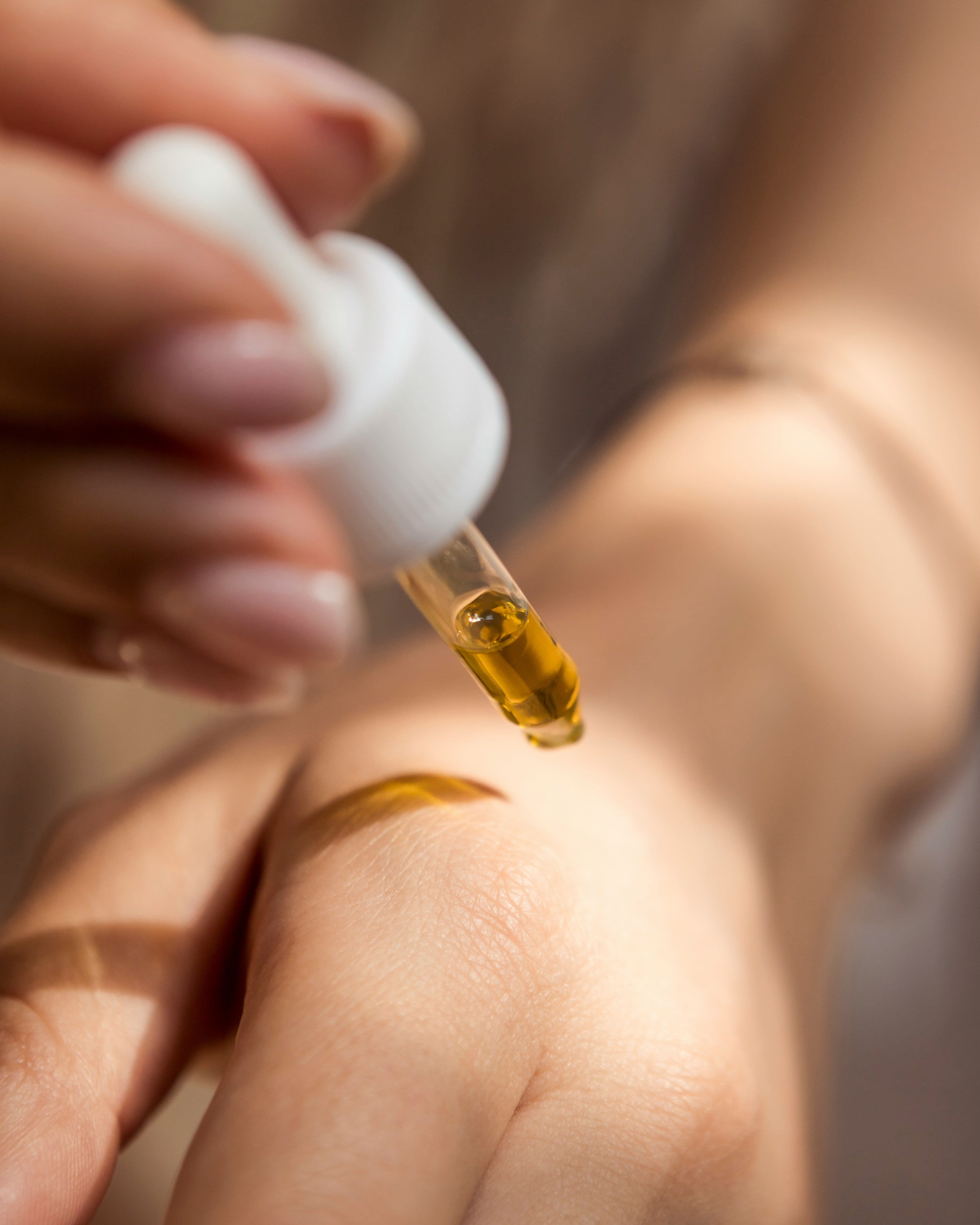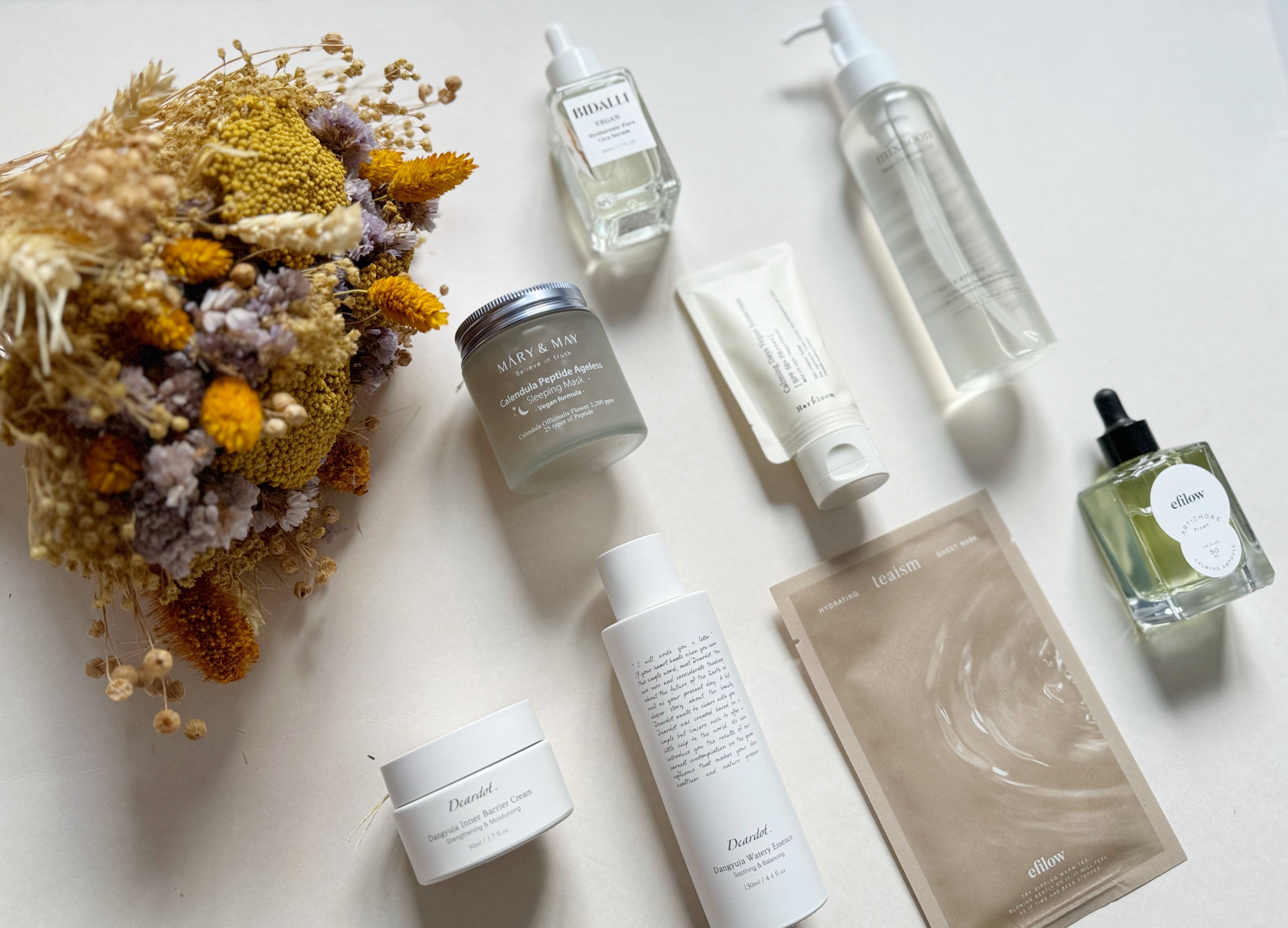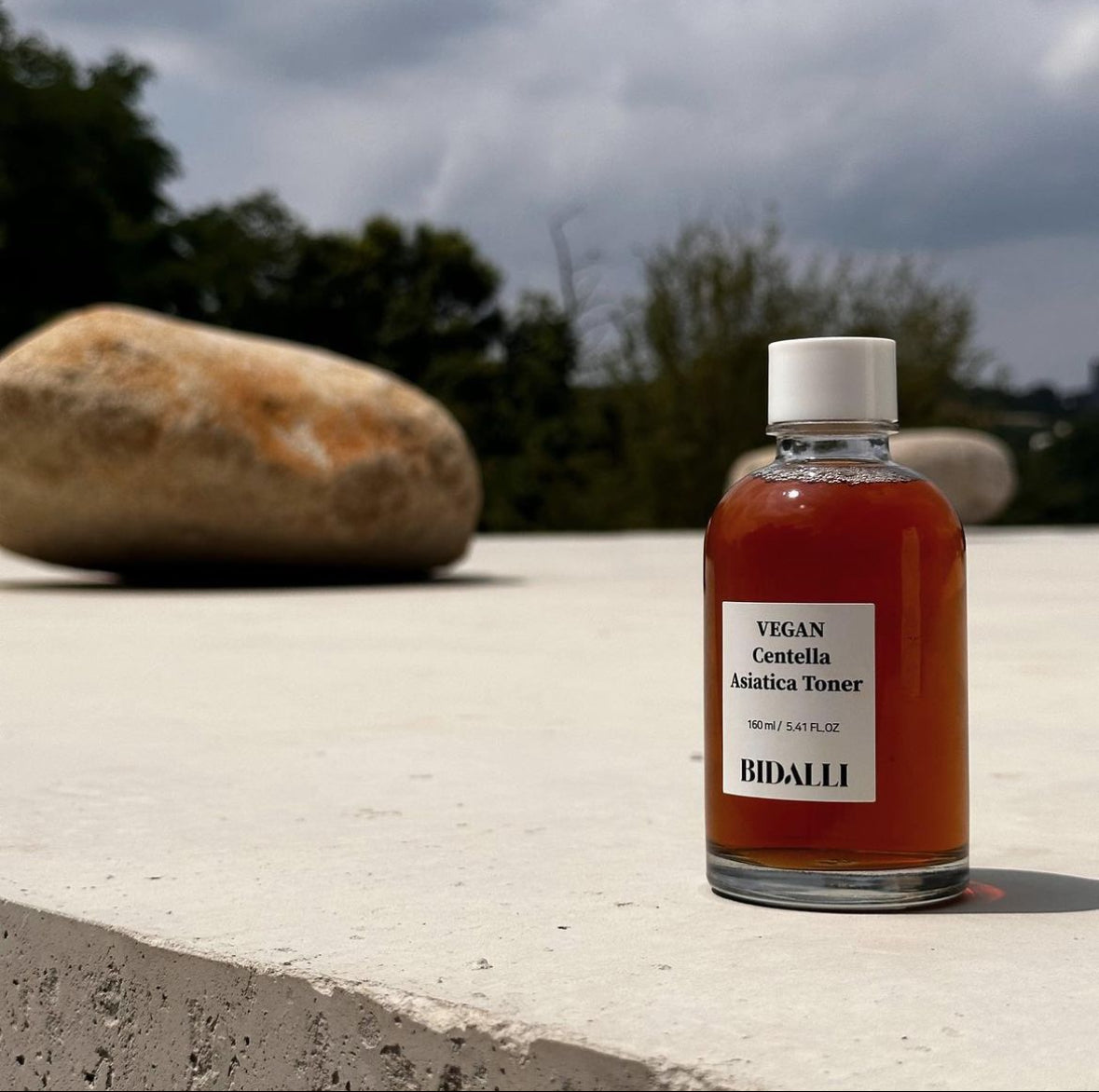Is Glass Skin the New Standard of Beauty?

From the country which brought us the 7 Skin Method and Chok Chok Skin and which introduced us to our now staple skincare ingredients like cica, galactomyces, and snail mucin; South Korea has once again set the world abuzz with a new trend- the glass skin.
So what is glass skin?
Simply put, it is having a flawless skin without bumps, lines and discolorations. A skin that is well hydrated and richly moisturized that light reflects on it, like a glass. All without using any make-up, just skincare. Before we despair on how unachievable it may seem, let’s not aim for perfection because there are things that we can’t change like the size of our pores or those cute little freckles on our cheeks. But if we think of it as a way to have a better and more efficient skincare routine to address some of our skin issues like roughness or dry skin, glass skin is attainable with consistency, dedication, and of course the right budget.
The Routine
But first a disclaimer. No matter how much we spend on skincare products, we will never achieve our skin goals on a diet of potato chips and binge watching until 3am. So a balanced diet, exercise, and sleep should be a staple part of your routine as much as your holy grail serums or moisturizers. Now that we have that on top of our list, let’s start moving down our check list.
Double Cleanse
Beauty and skincare products nowadays are formulated to last longer on our skin. Think of water proof mascara and sweat resistant sunscreen. That’s why simply washing with a face wash or wiping with cotton pads soaked in micellar water just doesn’t cut it anymore. Using an oil-based cleanser as a first step breaks down and removes all the oil-based products you have used throughout the day like foundation or sunscreen as well as sebum and pollutants. The second step involves water-based cleansers to wash away the water-based impurities such as sweat. Not only will this method thoroughly remove all the impurities that might cause break-outs, but it will also make your skin more receptive to your skincare products.
Exfoliate
Skin renews itself every 28 days but as we grow older the process slows down and can take as long as 80 to 90 days. Slower skin turnover results to a build up of dead skin cells on the top most layer of our skin making the skin look dull and even worse when it mixes with sebum, it can clog the pores. Chemical exfoliators such as acids and enzymes promotes the shedding of the epidermal cells and encourages dermal and epidermal regeneration resulting in improved skin texture and appearance.
Alpha Hydroxy Acid (AHA) and Beta Hydroxy Acids (BHA) are among the commonly used ones and where you noticed are incorporated in many products such as toners and overnight masks. Glycolic acid has the smallest molecules among the AHAs, it can provide a medium depth peel which leads to the thickening of the dermis leading to collagen production and dispersion of melanin.
Salicylic acid, on the other hand which is a BHA, is known to penetrate comedones and pores, thus the best choice for people dealing with “blackheads”. No matter which acid you choose, always go slow because over exfoliation damages the skin, try not to use them all at the same time because they might off-set each other’s potency (one acid in the morning and another in the evening), and to never skip sunscreen because acids can cause skin photosensitivity.
Hydrate, treat, moisturize repeat
Hydration is probably the cornerstone of having a glass skin. Because a hydrated skin does not only mean a smoother texture, but it has more resilience against a lot of environmental aggressors such as pollutants. And there are more ways now to achieve a plump, healthy and younger looking skin without needles or emptying your bank account. Aging is a natural process of our body which we can’t halt, but which we can delay with proper lifestyle and the right products.
Hyaluronic acid is by far one of the most common “anti-aging” ingredient in skincare. Depending on its molecular weight, it can penetrate the different layers of your skin and binds water to your skin cells so you can say hello to well hydrated and plump skin. And what is glass skin without the oddly satisfying ingredients such as lotus extract, cica, galactomyces, birds nest, mugwort, snail mucin and others. They may have their roots from “hanbang”, the traditional Korean medicine of treating ailments with natural remedies.
They may not have as much research-backed science behind them like vitamin C or retinoids, but their results and popularity speaks bounds of their efficacy. Take cica for example, which has been found out to have not only anti-bacterial properties but also compounds that help skin heal faster. That’s why it’s a much-loved ingredient among people with acne-prone skin. Lotus extract and green tea emulsion was found to have a superior sebum reduction properties in 1 experimental study comparing it with placebo.
Snail mucin has long been used to nourish and hydrate skin and now that we have means to test its chemical components, its safe to say that Koreans have been living far ahead of their time! Snail mucin in fact contains hyaluronic acid, glycoproteins and glycolic acid; all known to have great benefits on the skin. Now that our skin is hydrated and we have applied our serums and spot treatments, it’s time to seal it all in with a good moisturizer and perhaps with a few drops of face oils. Moisturizing gives your skin that extra boost of suppleness and protection. It prevents your products from evaporating and many, if not all moisturizers nowadays contains a whole lot of ingredients which helps soothe and treat the skin.
Sunscreen
We are lucky to be living in an era where sunscreens no longer feel like a heavy mask, leave white streaks even on our clothes, sting sour eyes with every white bead of sweat, or clog our pores. They are now formulated with skin friendly ingredients and fortified to work as a skincare as well. A water-based sunscreen with cica and Vitamins E and D? Yes please! So you have no more reason so skip sunscreen, rain or shine.
All these time and effort standing in front of the mirror tapping your face waiting for the toners to work its magic will be futile if you don’t protect your skin from the sun’s damaging UV rays. UV light damages the elastin fibers in our skin, the structure which maintains the skin’s elasticity and firmness. Do you know that the damage to the skin’s pigment cells or melanocytes still occur even after sun exposure? And the effects are cumulative throughout our lifetime. The more reason to always keep a tube of sunscreen on our purse.
The roadmap to Glass Skin.
By Ester M.
















Comments